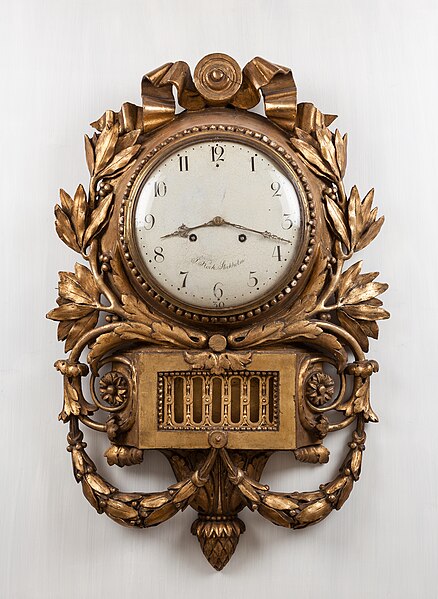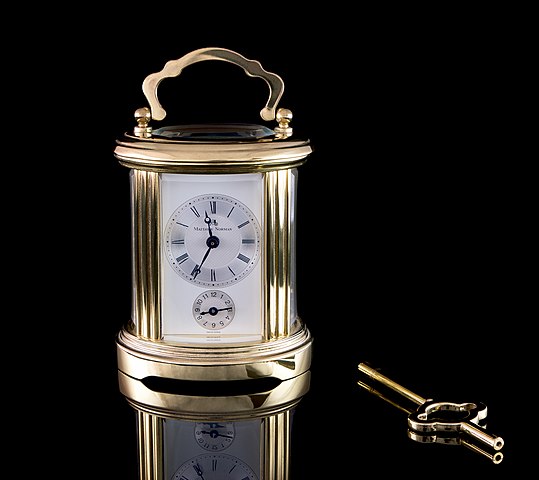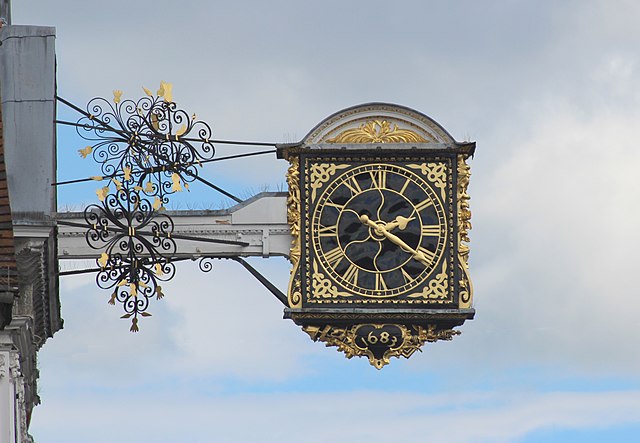
The Thammasat University Library has newly acquired a book that should be useful to students interested in medicine, education, sociology, and related subjects.
When: The Scientific Secrets of Perfect Timing reveals that sociological research shows that people have more positive emotions in the morning and evening, but not in the afternoon.
According to When, this means that morning is a good time for making plans and decisions, because people generally achieve more in the morning than they do in the afternoon.
One scientific explanation is that when people wake up in the morning, their body temperatures are comparatively low. As their temperatures rise, their energy levels increase and they become more alert, able to concentrate and think.
After some hours, energy decreases sometime after lunch, and people are typically less alert, until they wake up again in the early evening.
This may explain why student results for morning exams tend to be better than for afternoon ones.
The author recommends that to preserve our energy and alertness, naps and relaxed walks on a daily basis are necessary.
He suggests that if students know they are thinking in a less focused way around 3pm on most days, for example, they might consider taking a ten-minute walk at 2:50pm to wake themselves up and become more alert.
The best way to avoid fatigue and burnout is to work for 52 minutes and then take a break for 17 minutes.
If this is not possible, then take five minutes for relaxation for every hour that is spent studying.
Students with long term projects, such as theses, might consider doing three things before stopping work each day:
- Write down what has been accomplished that day.
- Note a brief work plan for the following day.
- Sending an email or note of thanks to someone who has helped in some way puts students in a good mood in preparation for the next day’s challenges.
Time is one of the simple English words that is difficult to define. Most people understand it to mean the flow of actions and events from the past to future as we observe it, or the measurement of this flow.

Here are some observations about time by authors, most of whom are represented in the TU Library collection:
- Time brings all things to pass.
Aeschylus
- Remember that time slurs over everything, let all deeds fade, blurs all writings and kills all memories. Except are only those which dig into the hearts of men by love.
Aristotle
- let not Time deceive you,
You cannot conquer Time.
W. H. Auden, As I Walked Out One Evening (1937)
- But if any excursive brain rove over the images of forepassed times, and wonder that Thou the Eternity is in love with the productions of time.
William Blake, The Marriage of Heaven and Hell, “Proverbs of Hell”
- Time is the most precious gift in our possession, for it is the most irrevocable. … Time lost is time when we have not lived a full human life, time unenriched by experience, creative endeavor, enjoyment, and suffering.
Dietrich Bonhoeffer, Letters and Papers from Prison (1967)
- Time can’t be measured in days the way money is measured in pesos and centavos, because all pesos are equal, while every day, perhaps every hour, is different.
Jorge Luis Borges, “Juan Muraña”, in Brodie’s Report (1970)
- Being with you and not being with you is the only way I have to measure time.
Jorge Luis Borges, “The Threatened”, The Book of Sand (1975)
- Time is the substance I am made of. Time is a river which sweeps me along, but I am the river; it is a tiger which destroys me, but I am the tiger; it is a fire which consumes me, but I am the fire. Jorge Luis Borges, Other Inquisitions, 1937–1952 (1964)
- The Garden of Forking Paths is an incomplete, but not false, image of the universe as Ts’ui Pên conceived it. In contrast to Newton and Schopenhauer, your ancestor did not believe in a uniform, absolute time. He believed in an infinite series of times, in a growing, dizzying net of divergent, convergent and parallel times. This web of time — the strands of which approach one another, bifurcate, intersect or ignore each other through the centuries — embrace every possibility. We do not exist in the majority of these times; in some you exist, and not I; in others I, and not you; in others, both of us.
Jorge Luis Borges, The Garden of Forking Paths (1958)
- In what time does man live? The thinkers have always known that he does not live in any time at all. The immortality of thoughts and deeds banishes him to a timeless realm at whose heart an inscrutable death lies in wait. … Devoured by the countless demands of the moment, time slipped away from him; the medium in which the pure melody of his youth would swell was destroyed. The fulfilled tranquility in which his late maturity would ripen was stolen from him. It was purloined by everyday reality, which, with its events, chance occurrences, and obligations, disrupted the myriad opportunities of youthful time, immortal time. … From day to day, second to second, the self preserves itself, clinging to that instrument: time, the instrument that it was supposed to play.
Walter Benjamin, “The Metaphysics of Youth,” in Walter Benjamin: Selected Writings, Vol. 1 (1996),
- Time is not bought ready-made at the watchmaker’s.
Jacob Bronowski, Science and Human Values (1956)
- You shouldn’t chase after the past or place expectations on the future. What is past is left behind. The future is as yet unreached. Whatever quality is present you clearly see right there, right there.
Gautama Buddha, Bhaddekaratta Sutta: An Auspicious Day, MN 131, (1997)
- There is a time for some things, and a time for all things; a time for great things, and a time for small things.
Miguel de Cervantes, Don Quixote de la Mancha (1605–1615), chapter 35
- The wisest are the most annoyed at the loss of time.
Dante Alighieri
- Time present and time past
Are both perhaps present in time future,
And time future contained in time past.
If all time is eternally present
All time is unredeemable.
T. S. Eliot, Four Quartets, Burnt Norton (1935) (I)
- One luminary clock against the sky
Proclaimed the time was neither wrong nor right.
Robert Frost

(All images courtesy of Wikimedia Commons)
